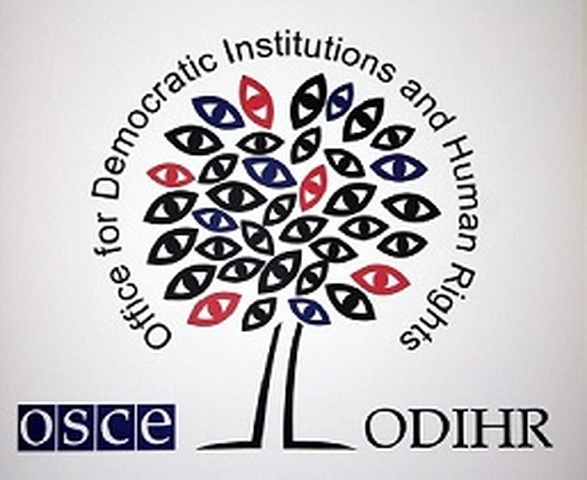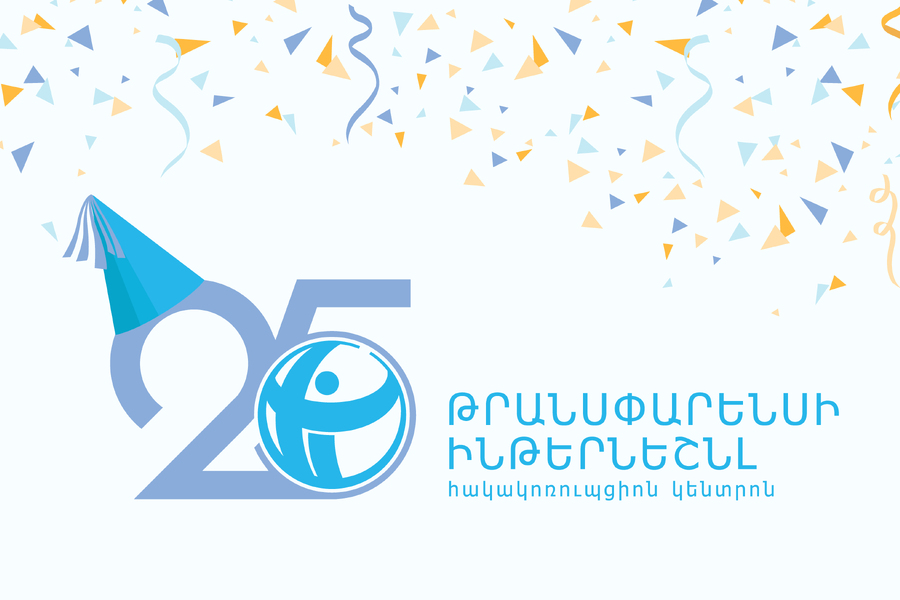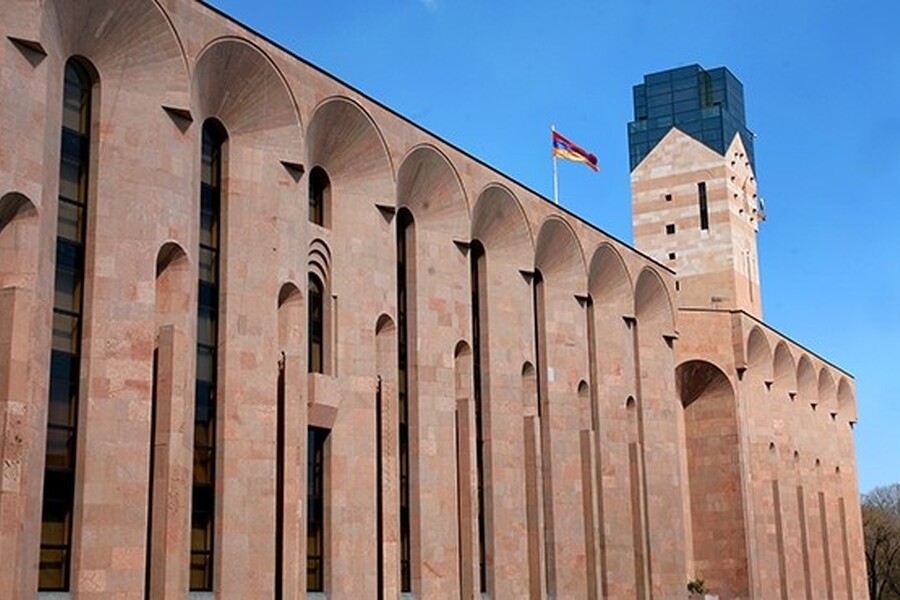Final Report on Presidential Election in Armenia released
OSCE Office for Democratic Institutions and Human Rights released its Final Report on Presidential Election in Armenia held on February 18, 2013, where it voiced a number of issues concerning civil society. For instance, an OSCE/ODIHR EOM analysis of final results as published by the CEC shows a close correlation between the voter turnout and the number of votes for the incumbent, with PECs with above-average turnout also having a higher share of votes for the incumbent.
Out of the 1,988 polling stations, 1,746 have 300 or more registered voters. In 144 of those, voter turnout exceeded 80 per cent, which seems implausibly high; the incumbent received above 80 per cent of the votes cast in 115 of these stations. In 198 out of the 303 stations where turnout was between 70 and 80 per cent, the incumbent received more than 70 per cent of the votes. Among 249 stations where turnout was below 50 per cent, the incumbent received more than 50 per cent in 40, and Mr. Hovannisyan received more than 50 per cent in 155. The tendency of higher results for the incumbent observed at the majority of stations with high turnout indicates possible serious problems with voting and counting. This raises concerns about the integrity of the electoral process.
According to the final results as published by the CEC, there were 50,976 invalid ballots (3.4 per cent of all votes cast). Their number varied widely, from 7.9 per cent in TEC 8 and 7.3 per cent in TEC 7, to 1.5 per cent in TECs 18, 20 and 24.73 The number of ballots declared invalid in some PECs raises concern, exceeding 20 per cent of all ballots cast.
Priority recommendations are also of interest with a mention that the authorities should undertake measures to increase public trust in the integrity of the election process by demonstrating more respect for the right of citizens to express their fundamental civil and political preferences.
Public officials should refrain from abuse of administrative resources, including abuse of office towards their employees and the public. Effective efforts should be undertaken to ensure the impartiality of the public administration, including of state and local government officials. They should refrain from putting pressure on voters, both during the campaign and on election day.
According to OSCE/ODIHR Criminal Code should be amended to include offenses for abuse of official position and of administrative resources for campaigning.
Election commissions, law enforcement bodies, and courts should interpret, implement and enforce the electoral legal framework taking into consideration the spirit and intent of the law, with the aim to ensure an equal playing field for contestants, the free expression of the will of the voters, and the integrity of the electoral process.
The authorities should ensure that safeguards are developed and implemented in order to ensure a clear separation between the State and party. In order to increase public trust in the integrity of the voter registration process, national stakeholders, including representatives of the authorities, political parties, candidates and civil society, should engage in a public discussion and inclusive decision-making process to address specific and contentious aspects of voter registration (among others, registration of voters residing abroad, signed voter lists being made public or otherwise accessible).
See OSCE/ODIHR Final Report on Presidential Election in Armenia on OSCE/ODIHR website.





